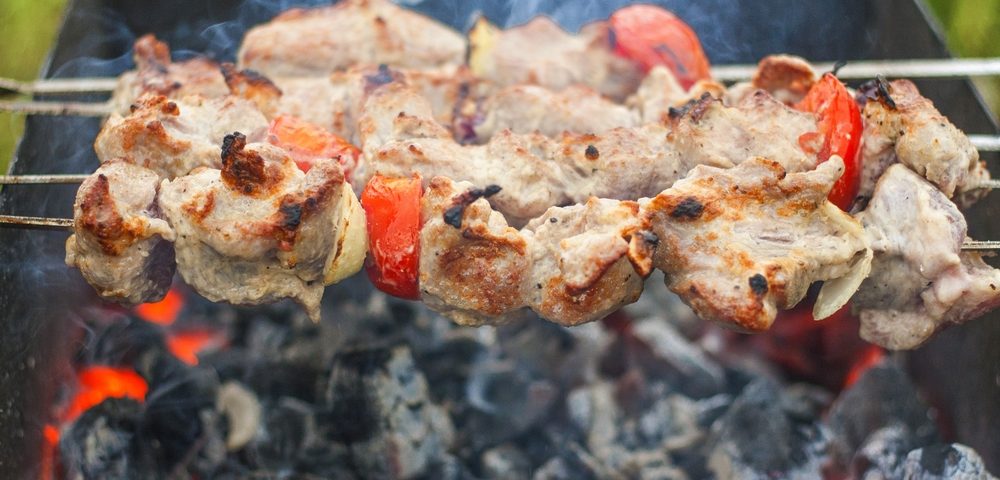Eating grilled, barbecued, and smoked meats — including poultry and fish — may raise a breast cancer survivor’s risk of dying, new research suggests.
The study, “Grilled, Barbecued, and Smoked Meat Intake and Survival Following Breast Cancer,” was published in JNCI: Journal of the National Cancer Institute.
Meats cooked at high temperatures, as are grilled, barbecued and smoked meats, have long been associated with carcinogenic chemicals like polycyclic aromatic hydrocarbons. According to a press release, consuming foods with these carcinogens is also linked to breast cancer incidence.
Here, researchers led by Humberto Parada Jr. at the University of North Carolina at Chapel Hill looked at whether a diet rich in such meats also affected survival after breast cancer — and found that regular and even light consumption of some meats prepared this way, especially smoked meats, had an impact.
The researchers interviewed 1,508 women with breast cancer living on Long Island. The women were asked about their consumption of grilled, barbecued, or smoked beef, lamb, pork and poultry/fish during each decade of their lives, and the seasons they most frequently consumed these foods.
At a five-year follow-up, the women were again asked these questions for that specific period.
After a median follow-up of 17.6 years, the researchers reported 597 deaths in the study population, 237 (39.7 percent) of which were related to breast cancer.
High intake of grilled/barbecued and smoked meat prior to cancer diagnosis was linked to a 23 percent increase in all-cause mortality compared to low consumption of these foods. High intake of smoked beef, lamb and pork was linked to a 17 percent increase in all-cause mortality, and a 23 percent increase in breast cancer-specific mortality.
But eating larger amounts of grilled/barbecued or smoked meats of any sort before cancer — and very little after diagnosis — was not seen to raise a person’s overall mortality risk. Continued, post-diagnosis high intake of meats prepared this way, however, increased the overall mortality risk in this group by 31 percent, researchers reported.
High consumption of grilled/barbecued meats (beef, lamb and pork) was considered to be that eaten 11 or more times a year pre-diagnosis and 9 or more times post-diagnosis; high consumption of grilled/barbecued poultry or fish was defined as 10 or more times a year pre-diagnosis and 7 or more times a year post-diagnosis. Smoked meats (whether smoked with barbecue sauce or not) were defined as high intake if eaten more than 5 times a year pre- or post-diagnosis, while smoked poultry/fish was considered high if consumed at least once each year pre- or post-diagnosis.
Overall mortality risk, the research concluded, was similar among women who reported high pre-diagnosis and low post-diagnosis intake of grilled/barbecued and smoked meats, supporting the premise that high consumption of these meats post-diagnosis appears to heighten the risk of death in breast cancer survivors.

